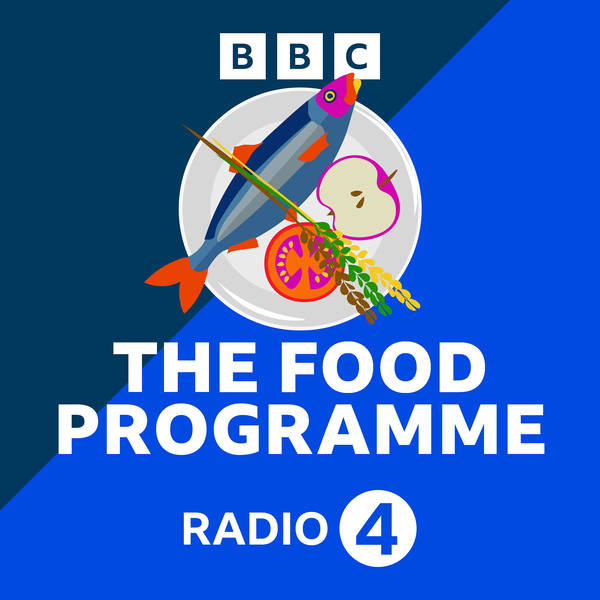
Genome editing and the future of food
Dan Saladino looks at the future role of genome editing in food and farming. A public consultation is underway on technologies such as CRISPR. What could it mean for farmers and consumers?
Unlike transgenic technologies (in which DNA is moved from one species to another), genome editing can be used to create changes to the DNA of plants and animals within a species. Helping to explain how the technology works is a plant biologist working at Cold Spring Harbour in the United States, Zach Lippman. He's using CRISPR to create new types of tomato plants, some of which are higher yielding, more compact and better suited to urban agriculture. Meanwhile, Dr Mike McGrew, a molecular biologist based at the Roslin Institute in Scotland describes how genome editing might help result in future breeds of chickens that are completely resistant to avian influenza, a serious problem for all forms of poultry production.
The public consultation has been prompted by the UK government's desire to change the legal status of genome editing. At present, because of a decision by the European Court of Justice back in 2018, the technology is as strictly regulated as all other forms of genetic modification. Brexit makes it possible to diverge from the EU's position.
Lawrence Woodward of the campaign group Beyond GM has concerns over the process. For such a powerful technology, one that could potentially transform the future of food and farming, he argues we need a much bigger public debate. Farmer Guy Watson of Riverford Organic and Philip Lymbery of Compassion in World Farming both fear the technology will result in more intensive, industrial forms of production. Gideon Henderson, DEFRA's Chief Scientific Adviser gives his response.
Produced and presented by Dan Saladino.
